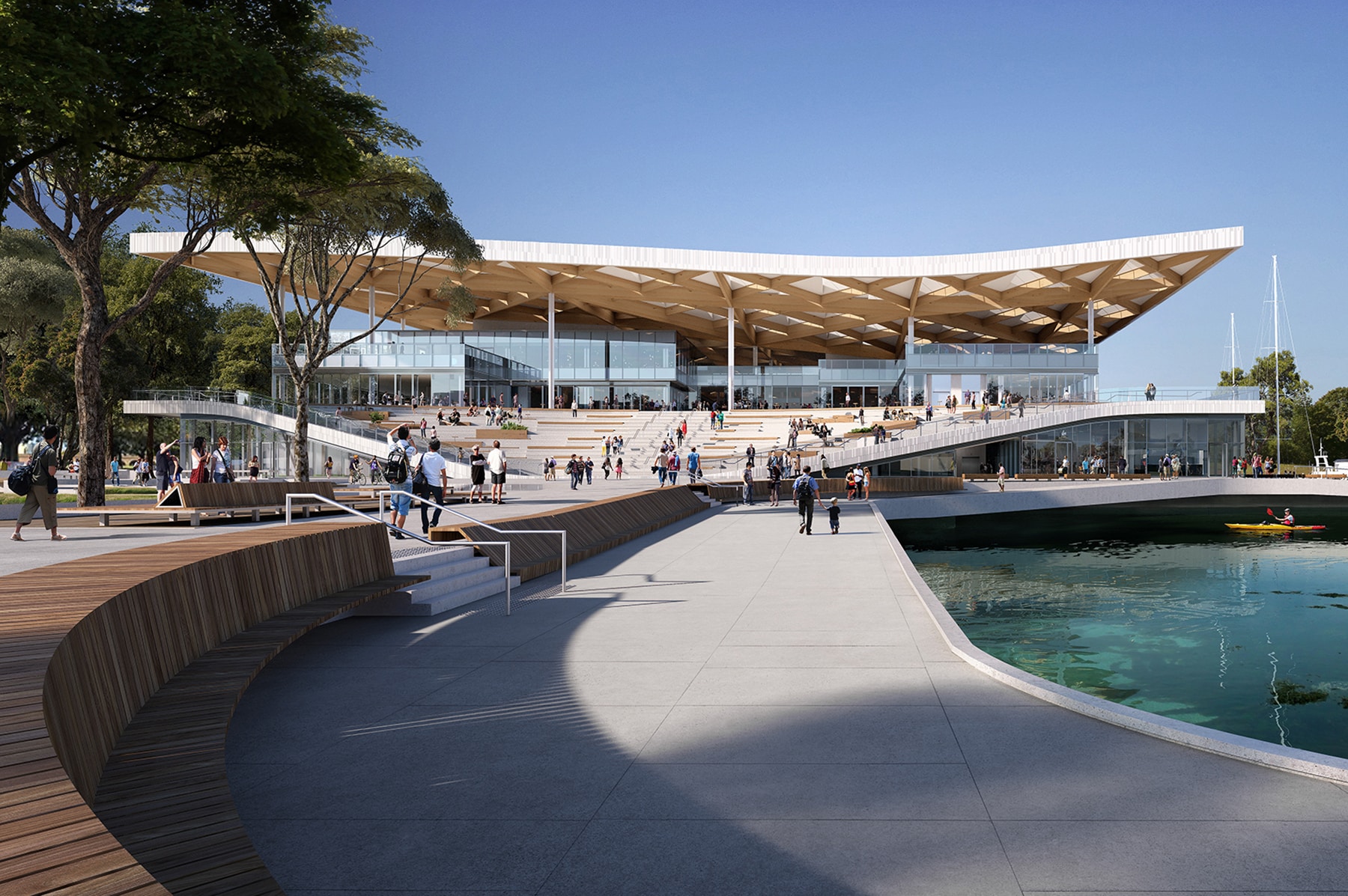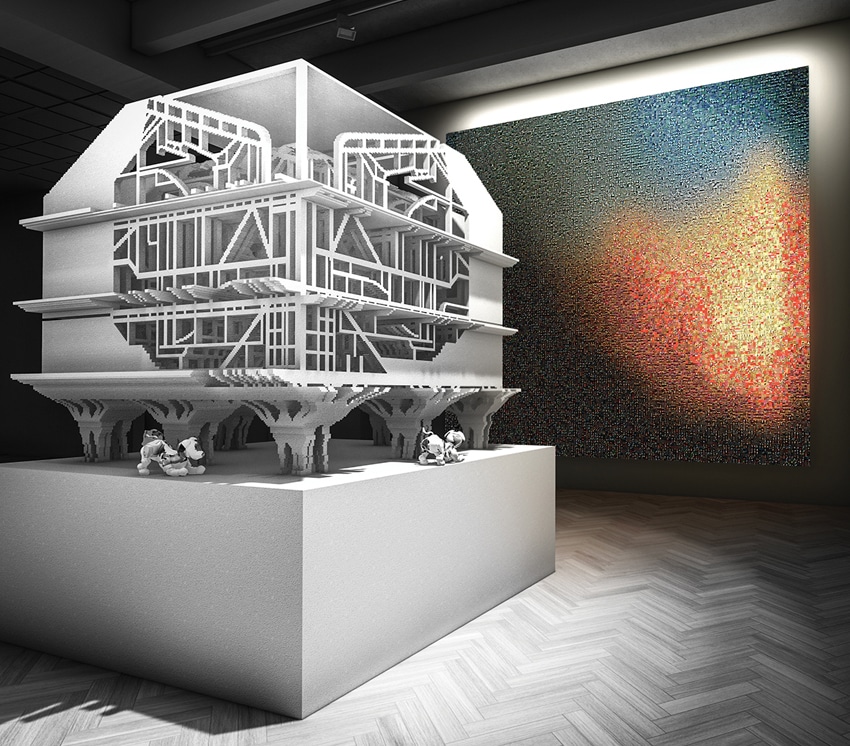The fast immersion of Advanced Computation Applications and smart constructions into architectural praxis are profoundly transforming the way architecture is conceived, designed, developed, constructed, and inhabited. These developments are not only challenging traditional theoretical frameworks but also revealing the need to formulate and construct novel concepts and principles. This seminar proposes to inquire about this emerging paradigm.
The first edition of this course will inquire into the notion of tools in current architectural praxis from an operational theory perspective. The class will investigate the famous statement by Cedric Price “If technology is the answer, then what is the question? Starting by examining historical developments of fundamental representational tools for architecture, students will investigate recent developments with an emphasis on some aspects related to smart construction and Building Information Modeling | BIM and inquire about their origins, aims, applications, and future projections.

Using a dynamic medium in the format of interviews delivered as audio “podcasts”, students will feature experts in a topic, formulate questions and elaborate theoretical concepts and principles to support their studio proposals. Finally, students will speculate about the impact of these tools and formulate a novel theoretical framework from a critical perspective for the architectural and construction disciplines of the XXI Century.
Learning Objectives
At course completion the student will:
- Identify, select, and analyse digital tools used in architectural, engineering and construction praxis related to smart constructions and BIM.
- Review theoretical and practical precedents, as well as state-of-the-art for smart constructions and BIM.
- Develop theoretical arguments related to BIM and Smart Constructions to support the student’s studio projects.
- Conduct research on a specific topic by following a scientific methodology that includes problem formulation, questions, and hypothesis.
- Formulate an interview for a guest expert with a clear script that includes an introduction, questions, conclusions, and links.
- Conduct a podcast interview as a relevant research method for qualitative research techniques involving individual interviews with experts in BIM Tools.
- Publish podcasts as a valuable skill to communicate, organize, and deliver knowledge to a wider audience.







